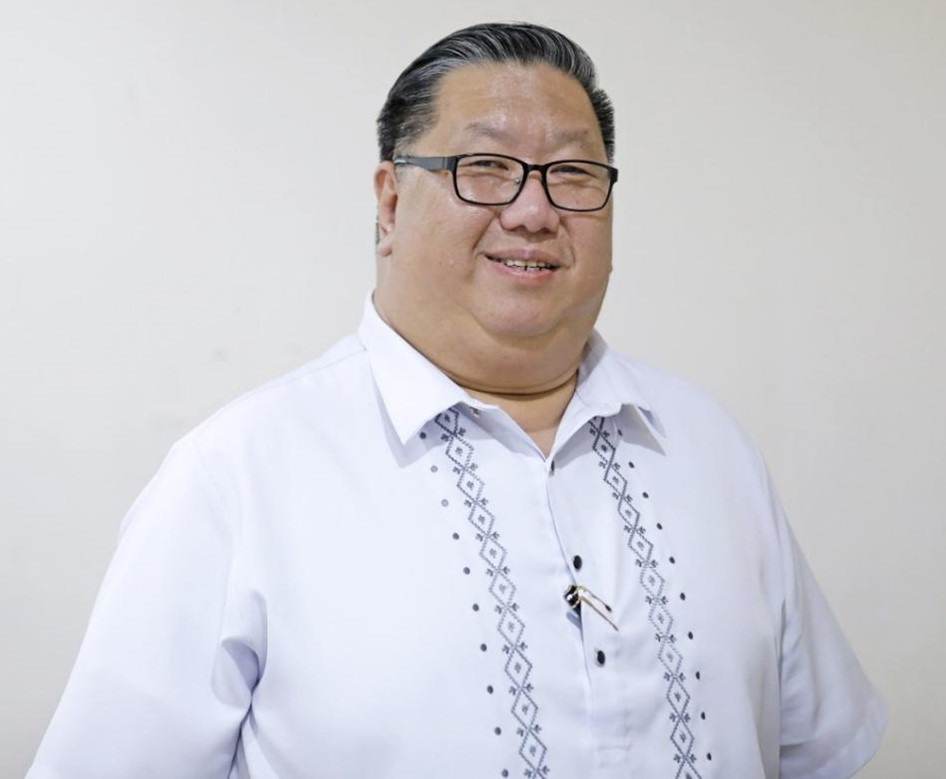FRESH VIEWPOINTS: A NEW PERSPECTIVE
By Brian James Lu
Rising to the rice challenge: Ensuring PH food security
Share
On September 1, President Ferdinand Marcos Jr. announced a price ceiling for rice, ranging from P41 to P45. This announcement comes as a relief to consumers who have been grappling with soaring prices, not only for rice but also for essential commodities.
The President's directive is a response to export restrictions imposed by rice-exporting countries, specifically India, Thailand, and Vietnam. These three nations accounted for 90% of the Philippines' rice imports in 2022.
India has limited the export of non-basmati white rice, while Thailand is striving to increase its rice production to meet rising demand, driven partly by supply shortages due to extreme weather conditions such as floods and heatwaves. Additionally, Vietnam's rice prices have surged due to heightened demand across Asia.
However, the imposition of a rice price cap has faced resistance from rice retailers who purchased their stocks at higher prices. It's estimated that a typical rice retailer loses between PHP5,000 to PHP7,500 daily, as they sell approximately 20 to 30 bags of rice per day. The PHP15,000 subsidy for rice retailers provides much-needed relief.
Following the President's order, authorities led by the Bureau of Customs have conducted raids on multiple warehouses suspected of hoarding rice. These raids resulted in the confiscation of hundreds of thousands of sacks of imported rice, believed to have originated from Vietnam, Cambodia, and Thailand. Hoarding contributes to an artificial shortage, further inflating rice prices.
While authorities have already raided three warehouses and seized their contents, it remains to be seen whether charges have been filed against the owners or consignees. We hope that these smugglers will face the consequences of their actions, unlike those responsible for the unprecedented rise in onion prices to PHP700 per kilo.
It is perplexing to witness a rice shortage in the Philippines, given that our nation is agriculturally abundant, with vast tracts of land dedicated to rice cultivation. Rice is the staple food of Filipinos, and there is simply no substitute for it in our diet. In recent years, agriculture officials have encouraged Filipinos to consume alternatives like cassava and sweet potatoes, but this has not gained traction since rice remains deeply ingrained in our culture.
During several Senate hearings in the previous administration, Senator Cynthia Villar repeatedly called the Department of Agriculture (DA) to task for prioritizing the importation of rice and other agricultural products over the development of domestic rice production. She even referred to the department as the "Department of Importation" in frustration.
It is indeed astonishing that the Philippines has become the world's top rice importer, according to the United States Department of Agriculture.
This is a far cry from the 1970s, when we were a rice production leader in Asia. Our country hosts the International Rice Research Institute (IRRI), a center for scientific rice production. IRRI's efforts led to the establishment of the Philippine Rice Research Institute (Philrice) in November 1985. Philrice focuses on developing high-yield, cost-effective, and environmentally friendly technologies to enable Filipino farmers to produce enough rice for domestic consumption and export, as we did in the past. Philrice also innovates low-cost farming equipment and technologies for use by farmers and their cooperatives. It is puzzling to hear some government officials discussing new rice varieties when Philrice has been doing precisely that for several decades.
Several administrations have come and gone, but the issue of rice insufficiency persists. I recall the Arroyo administration's rice self-sufficiency program, which was followed by similar initiatives during the Aquino and previous administrations. Despite these efforts, the Philippines continues to rely heavily on imported rice, putting our food security at risk due to the narrowing sources of supply.
Farmers' groups, experts, and legislators have consistently argued that rice importation is not the solution to our rice needs. Our country possesses the technology and capability to produce our staple rice. Philrice has demonstrated that one hectare of rice farmland can yield 10 metric tons of palay, or 200 sacks, while other farms can generate 12.5 metric tons of palay by adhering to Philrice's established standards.
It is only fitting for our government to prioritize the welfare of our farmers and the nation by establishing a genuine and successful rice self-sufficiency program. We hope that the current administration can achieve success in rice production where others have faltered.
The notion that rice prices would decrease with the implementation of the Rice Tariffication Law has proven to be a pipe dream. Instead, the price of palay plummeted, adversely affecting the livelihoods of millions of farmers to the point where many abandoned farming altogether.
Calls to lower tariffs on imported rice to alleviate the impact of soaring rice prices are met with resistance from farmers, particularly during harvest season. Such a move would likely depress palay prices, further jeopardizing farmers' incomes. As the President, who also serves as the Secretary of the Department of Agriculture, rightly set the purchasing price for dry palay at PHP19 to PHP23 and wet palay at PHP16 to PHP19, encouraging farmers to ramp up rice production and contribute to self-sufficiency. What is crucial now is for government agencies to monitor the implementation of this policy to ensure that unscrupulous traders do not shortchange our farmers.
Editor’s note: The opinions expressed in the foregoing article are solely the author’s and do not reflect the opinions and beliefs of the Philippine News Agency (PNA) or any other office under the Presidential Communications Office.
Comments
About the Columnist

BRIAN JAMES J. LU, MMgt, is an entrepreneur, business adviser, government consultant, and is deeply involve in civil society organizations. He advocates good governance, ethical business practices, and social responsibilities. He is the President of the National Economic Protectionism Association (NEPA) and Chairman of the Foundation for National Development (Fonad). His broad experiences in the private and public sectors give him a unique perspective to advance his advocacies.
